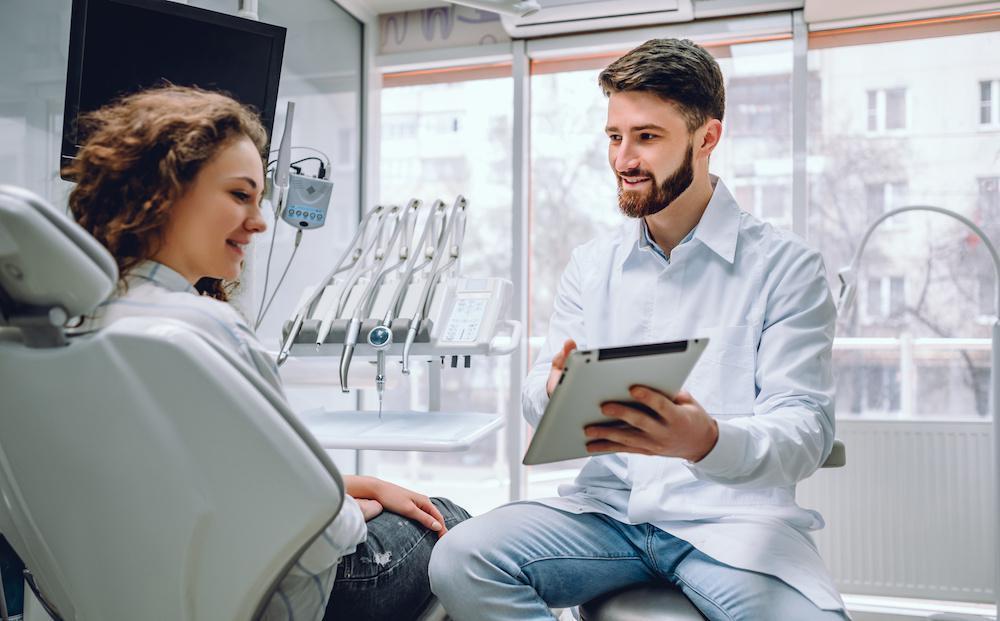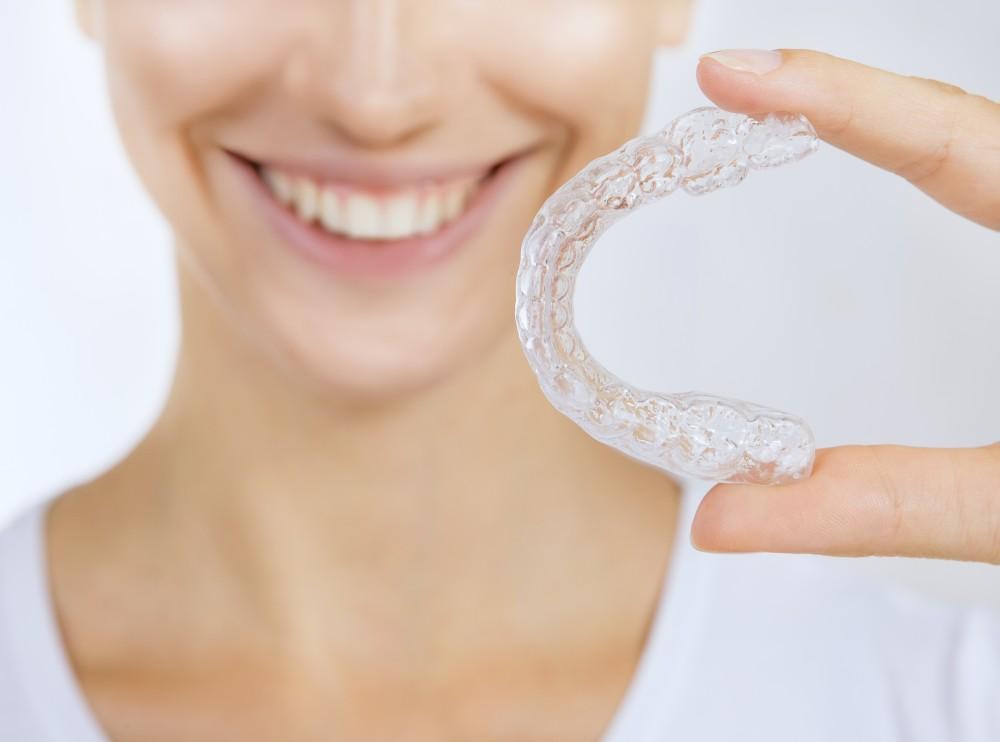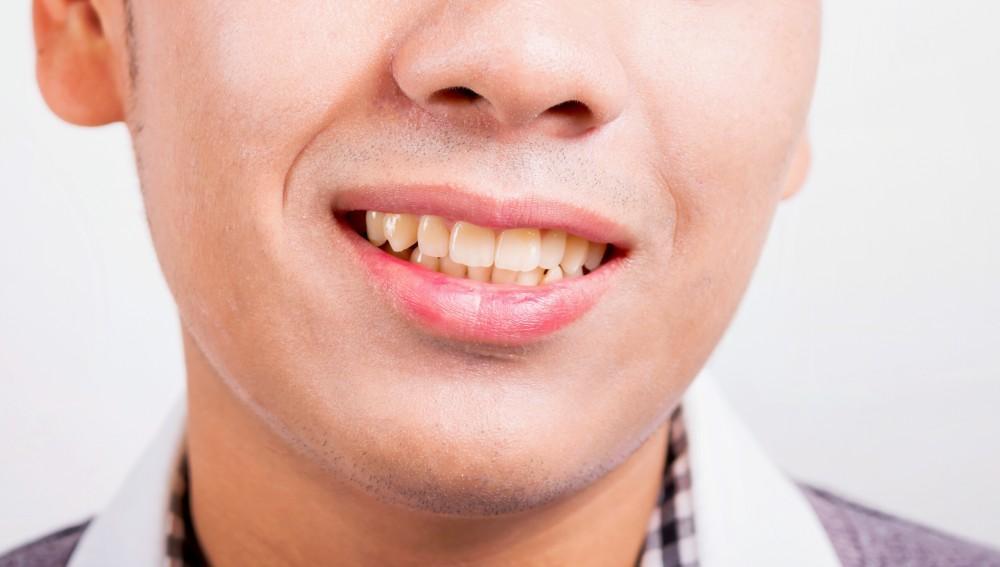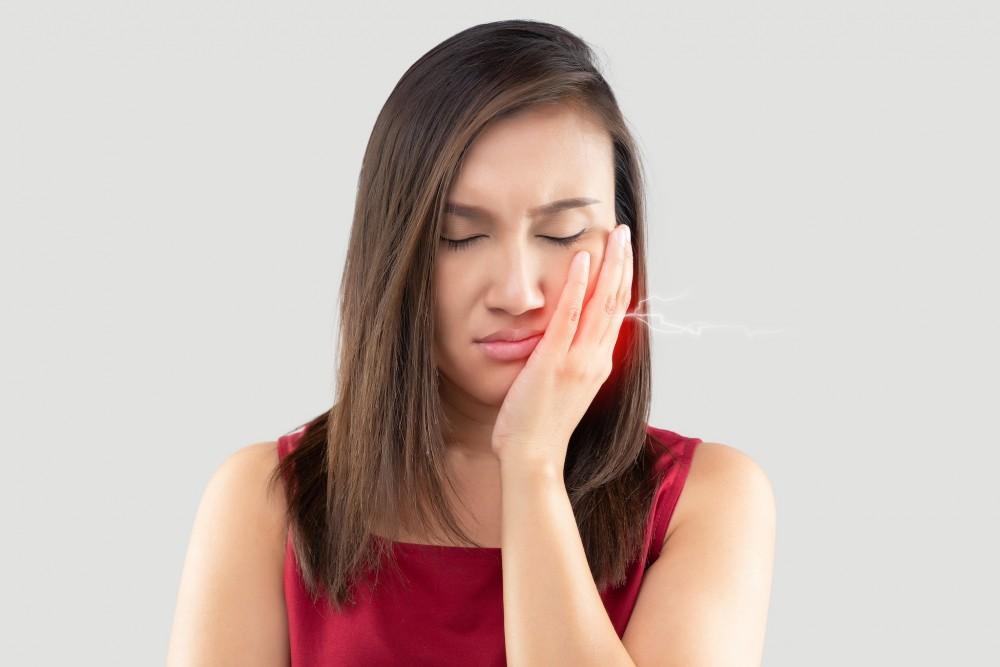
The COVID-19 virus shut down businesses around the world. And don’t forget that your dentist is a small business that had to prioritize patient treatment according to the severity of their dental symptoms. The result is that many preventive and nonessential appointments have been postponed to minimize virus transmission and protect supplies of personal protective equipment worn by front-line professionals.
Each day brings new information on how COVID-19 behaves and what measures you should take to tame it. The Centers for Disease Control and Prevention (CDC) keep updating their protocols so nonemergency care can reopen safely.
Here’s what the providers at Arya Dental want you to know about seeking dental care in the middle of a novel coronavirus.
How COVID-19 affects dental care
Here’s a crash course in the SARS-Co-V-2 virus that causes COVID-19.
COVID-19 is a new disease (the 19 refers to 2019 when the virus was first identified.) Researchers believe that the virus spreads through airborne respiratory droplets produced when an infected person coughs, talks, sings, or sneezes.
COVID-19 is so infectious because people who are carriers can be asymptomatic, and because the virus can survive in the air and on surfaces for hours.
In dental practices, patients and professionals are, literally, face-to-face. That’s why dental practices require specific infection control considerations.
COVID-19 and proper dental care
Dental care involves using several tools that spray water that can aerosolize COVID-19, such as air-water syringes, ultrasonic scalers, and surgical instruments. These sprays can contain tiny droplets of saliva, microorganisms, blood, and other infectious agents like COVID-19.
The team at Arya Dental always takes standard precautions while providing dental care, including:
- Instrument sterilization
- Proper hand and respiratory hygiene
- Cleaning and disinfecting surfaces
- Using personal protective equipment, like gloves, eyewear, and masks.
Why you should see a dentist during a pandemic
Dr. Mokhayeri and Dr. Safarcherati follow safety recommendations from the CDC. These days, our office remains open to treating emergency dental conditions, including:
- Severe or significant tooth or jaw pain
- Sustaining mouth trauma or injury
- Cracked, broken, or knocked-out teeth
- Swollen or painful gums
- The sudden appearance of abnormal tissue
- Persistent bleeding
When we totally reopen for dental business, rest assured that we will follow the latest research and recommendations regarding workplace safety, sterilization and disinfection, and patient and dental healthcare personnel management.
Want to learn more about getting dental care during the COVID-19 crisis? Call our office at 714-646-9546, or book an appointment using our online scheduling tool.






